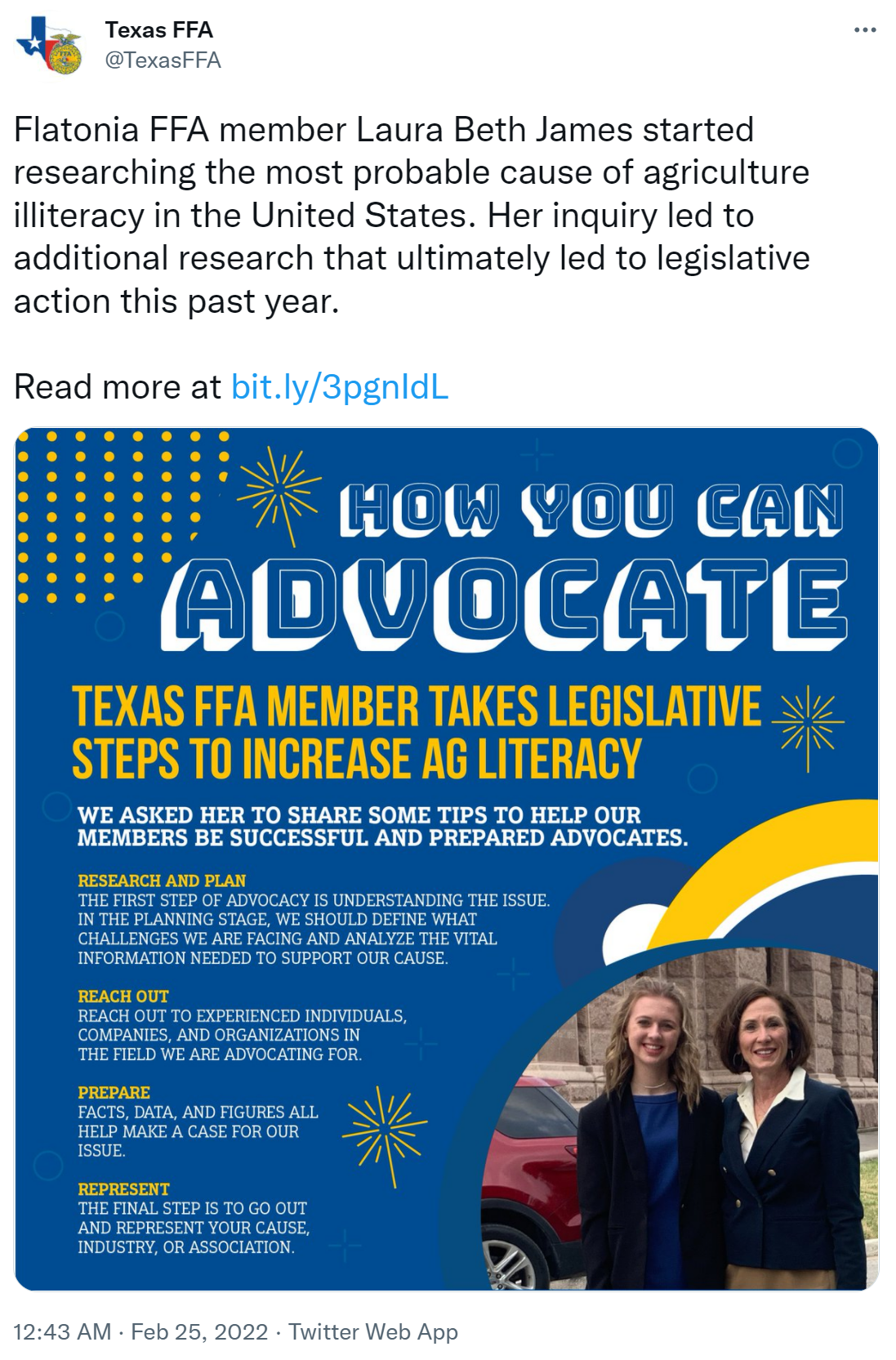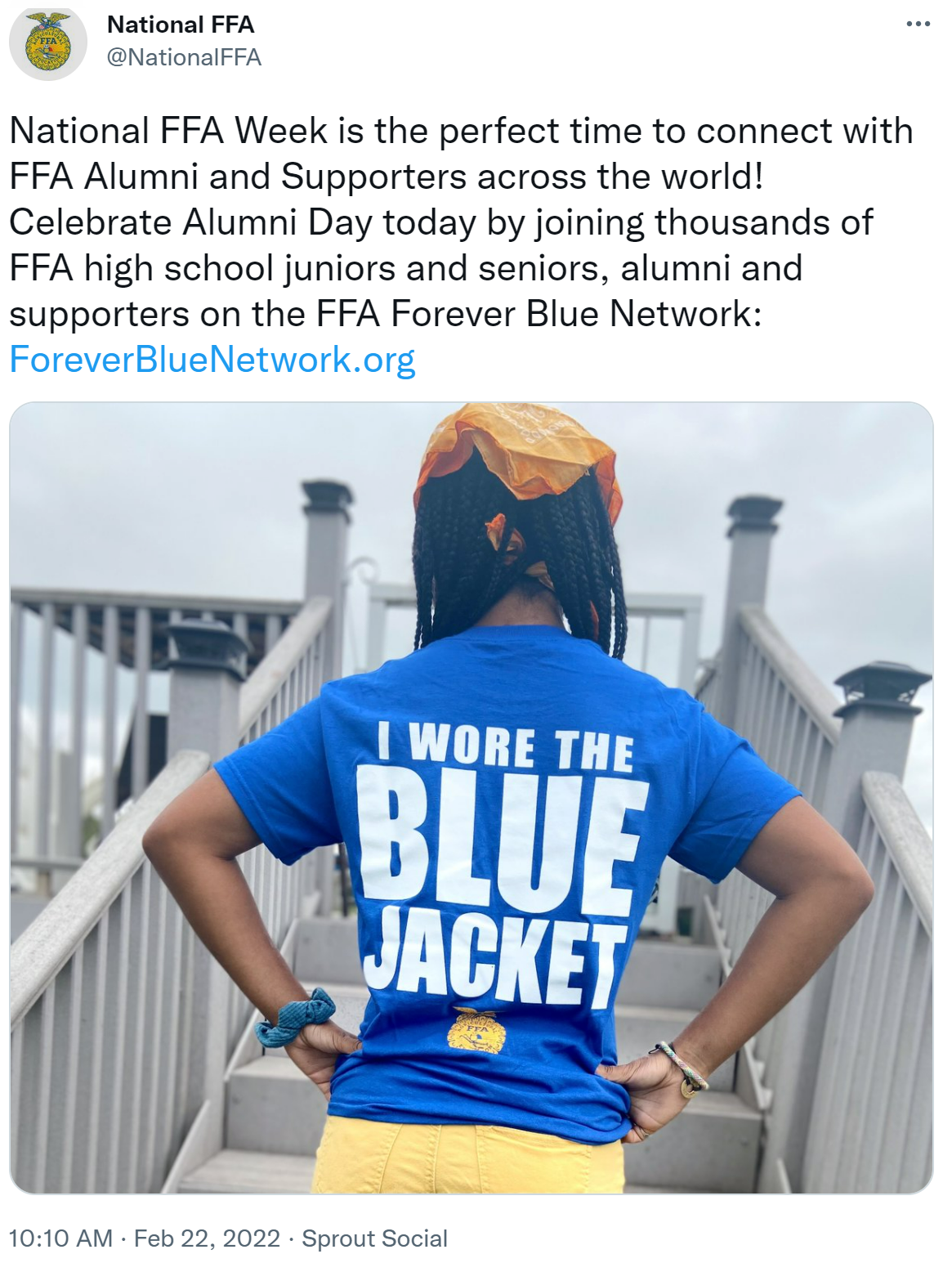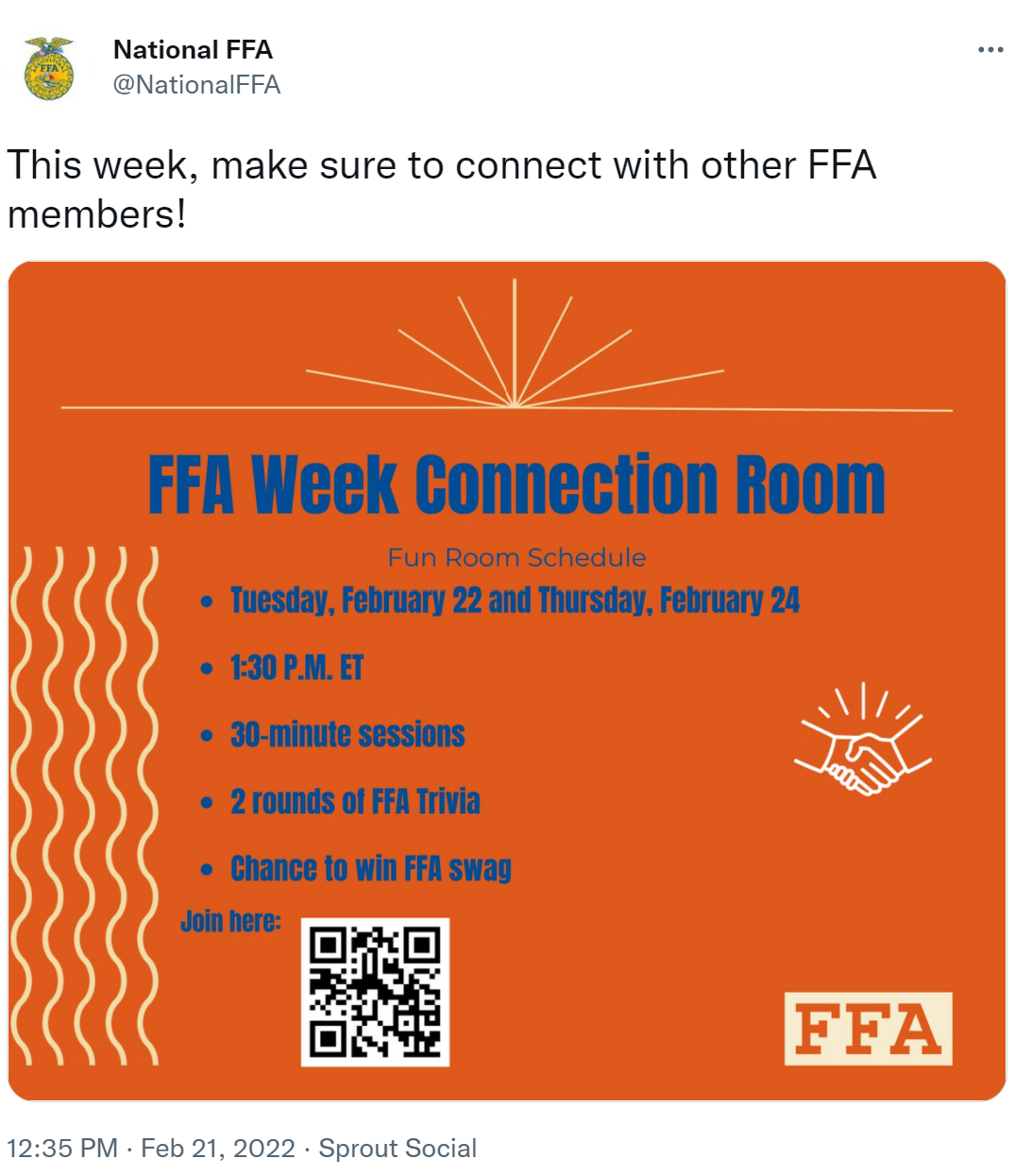In the ever-evolving landscape of education, Career Technical Education (CTE) programs stand out as beacons of opportunity, providing learners with practical skills, real-world experiences, and a sense of belonging. Recently, Policy Associate Velie Sando had the privilege of speaking with three remarkable learners from Delaware who are blazing trails in their respective CTE programs. Their stories not only showcase the transformative power of CTE but also highlight the inclusive and supportive environments these programs can foster.
Finding Voice and Advocacy in Educators Rising
 Leilani Carrera, a fourth-year learner and state president of the Educators Rising Career Technical Education Student Organization (CTSO), embodies the resilience and determination that CTE programs can instill. Despite facing homelessness twice during her high school career, Leilani found the courage to speak up about her challenges. “To belong, you kinda have to put yourself out there. You need to be at the table, and put a little bit of yourself on the table,” she reflects.
Leilani Carrera, a fourth-year learner and state president of the Educators Rising Career Technical Education Student Organization (CTSO), embodies the resilience and determination that CTE programs can instill. Despite facing homelessness twice during her high school career, Leilani found the courage to speak up about her challenges. “To belong, you kinda have to put yourself out there. You need to be at the table, and put a little bit of yourself on the table,” she reflects.
Leilani’s experience underscores the importance of creating supportive environments in CTE programs. Her advisors and educators responded with empathy and practical support, arranging transportation, providing necessities, and ensuring she could participate fully in her program activities. “My advisors were super helpful with me. They made sure that I could get to school, they waited for me, they made sure that I had professional clothing so I could compete, and they arranged time slots for me after school so I could prepare,” she explains. This level of support not only helped Leilani overcome personal obstacles but also empowered her to become an advocate for other learners facing similar challenges.
Bridging Passions in Agriculture and Business
 Jennae Overton’s journey through both the Natural Resources and Business CTE programs illustrates how CTE can cater to diverse interests and skills. Drawn to both National FFA (formerly known as Future Farmers of America) and Business Professionals of America (BPA) in middle school, Jennae found a way to pursue both passions in high school through her CTE programs. “Being able to translate learning into real-life situations is super helpful, which is why CTE is so important,” Jennae explains. Her experience highlights the hands-on nature of CTE programs, where classroom learning is immediately applied in practical settings. This approach not only enhances understanding but also makes learning more engaging and relevant.
Jennae Overton’s journey through both the Natural Resources and Business CTE programs illustrates how CTE can cater to diverse interests and skills. Drawn to both National FFA (formerly known as Future Farmers of America) and Business Professionals of America (BPA) in middle school, Jennae found a way to pursue both passions in high school through her CTE programs. “Being able to translate learning into real-life situations is super helpful, which is why CTE is so important,” Jennae explains. Her experience highlights the hands-on nature of CTE programs, where classroom learning is immediately applied in practical settings. This approach not only enhances understanding but also makes learning more engaging and relevant.
Jennae’s story also touches on the importance of flexibility in CTE programs. While her CTE programs aligned with her interests and she learned from teachers who were experts in the field, Jennae shares that this is not an experience that all of her peers have. “It can be scary being in a pathway where everybody knows what they want to do and you don’t, so being able to rely on your teachers and for them to say ‘this doesn’t have to be for the rest of your life’ is really beneficial because that makes it feel more comfortable,” she shares. Jennae emphasizes the importance of clear communication about the flexibility of CTE programs, highlighting that learners need to understand how CTE can support various future career choices when deciding which program to pursue.
Breaking Barriers in Teacher Education
 Helen Ramos, a first-generation Hispanic learner in the Redesign Teacher Academy and member of the Educators Rising CTSO, brings attention to the evolving landscape of representation in education. Her experience highlights the progress made in diversifying the teaching workforce while also pointing out areas for improvement. Helen notes that while her English proficiency sometimes led to assumptions about her understanding, she also became a valuable resource in helping English Language Learners (ELLs) in her program. “My friends would get papers that were translated and the teacher would tell us to help them and I would volunteer,” she shares. Helen’s journey underscores the need for CTE programs to be mindful of language barriers and cultural differences.
Helen Ramos, a first-generation Hispanic learner in the Redesign Teacher Academy and member of the Educators Rising CTSO, brings attention to the evolving landscape of representation in education. Her experience highlights the progress made in diversifying the teaching workforce while also pointing out areas for improvement. Helen notes that while her English proficiency sometimes led to assumptions about her understanding, she also became a valuable resource in helping English Language Learners (ELLs) in her program. “My friends would get papers that were translated and the teacher would tell us to help them and I would volunteer,” she shares. Helen’s journey underscores the need for CTE programs to be mindful of language barriers and cultural differences.
Helen shared an insight about the name of her CTE program, “Teacher Academy,” highlighting that it may potentially limit participation to learners interested in pursuing teaching as a career when in fact the program equips learners with essential skills that are applicable to various professions beyond education. “People used to think that our program is just for future teachers but we would tell them that it’s also for people who want to build on learning to communicate”, she shares. Helen raises an important point about marketing CTE programs and opportunities, emphasizing the need for clear communication about the broad applicability of skills learned in these programs.
The Unifying Power of CTE
While each learner’s story is unique, several common threads emerge that highlight the strengths of CTE programs:
- Supportive Environments: All three learners emphasized the crucial role of supportive teachers and advisors in their success.
- Hands-on Learning: The practical, applied nature of CTE programs was consistently cited as a major benefit, helping learners connect classroom concepts to real-world situations.
- Skill Development Beyond the Classroom: From public speaking to advocacy, learners gained valuable life skills that extend far beyond their chosen career paths.
- Inclusivity and Representation: While challenges remain, CTE programs are making strides in creating inclusive environments where learners from all backgrounds can thrive.
As these Delaware learners demonstrate, CTE programs are more than just career preparation – they are launchpads for personal growth, advocacy, and community building. By continuing to support and expand access to high-quality CTE programs, we can ensure that more learners have the opportunity to discover their passions, develop crucial skills, and build the confidence to succeed in any path they choose.
For more information about leveraging learner voice and designing a learner-centered CTE program, visit the following pages on the Advance CTE website:
- With Learners, Not for Learners: A Toolkit for Elevating Learner Voice in CTE
- Family Engagement in Career Pathways
- States Make Progress in Strengthening Meaningful Learner Engagement in CTE
- Supporting English Learners in Career Technical Education
 Learn more about intensive technical assistance opportunities to get help developing learner-centered CTE programs by completing the Technical Assistance Interest and Request Form
Learn more about intensive technical assistance opportunities to get help developing learner-centered CTE programs by completing the Technical Assistance Interest and Request Form
Velie Sando, Policy Associate


 Laura Beth from Texas FFA noticed a barrier to each learner reaching their full potential within their career journey. Her commitment to
Laura Beth from Texas FFA noticed a barrier to each learner reaching their full potential within their career journey. Her commitment to 
 On Give FFA Day 2022, corporate donors from industry showed their value in the skills learners receive when participating in FFA. Donors participated in donation matching challenges throughout the day to support the CTSO and ultimately the learners served.
On Give FFA Day 2022, corporate donors from industry showed their value in the skills learners receive when participating in FFA. Donors participated in donation matching challenges throughout the day to support the CTSO and ultimately the learners served.  Future dates for National FFA Week are below:
Future dates for National FFA Week are below: We have compiled a list of highlights in Career Technical Education (CTE) from this week to share with you.
We have compiled a list of highlights in Career Technical Education (CTE) from this week to share with you.



